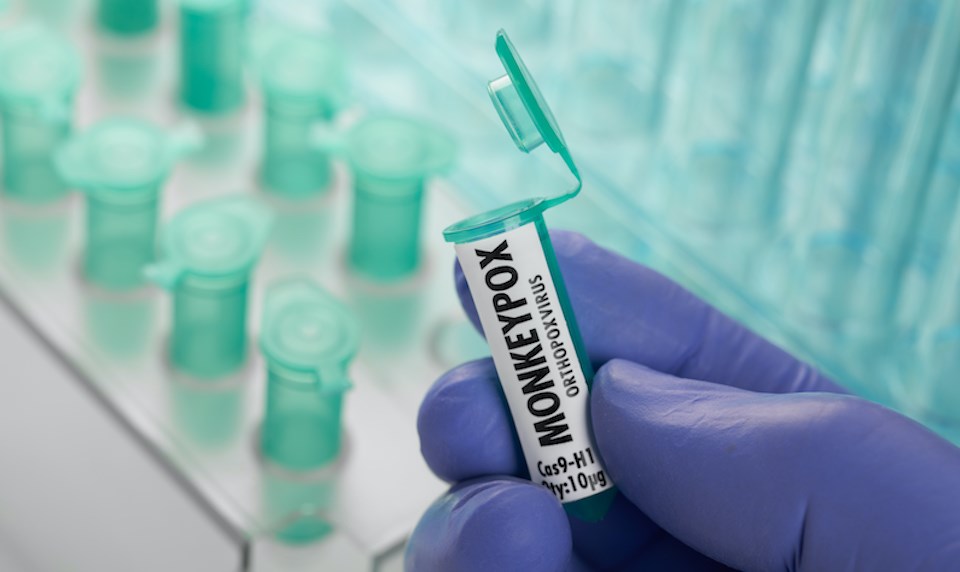The first case of monkeypox showed up in Vancouver only a month earlier, and the symptoms can be confused with other viruses.
On Saturday (July 23) World Health Organization (WHO) says that the expanding monkeypox outbreak, which has spread to more than 70 countries, is an "extraordinary" situation that now qualifies as a global emergency.
The declaration made by WHO chief on July 23 could spur further investment in treating the once-rare disease and worsen the scramble for scarce vaccines.
"For all of these reasons, I have decided that the global monkeypox outbreak represents a public health emergency of international concern," said Director-General Tedros Adhanom Ghebreyesus, who made the decision despite a lack of consensus among experts on the U.N. health agency's emergency committee.
He said he acted as "a tiebreaker" and it was the first time a U.N. health agency chief has made such a decision without an expert recommendation.
“We have an outbreak that has spread around the world rapidly through new modes of transmission, about which we understand too little,” said Tedros. “I know this has not been an easy or straightforward process and that there are divergent views among the members [of the committee]."
The decision to declare monkeypox a global emergency was to ensure that the world take the current outbreaks seriously, says WHO's emergencies chief, Dr. Michael Ryan.
WHO's expert committee said last month that the outbreak did not yet amount to an international emergency, but met this week to reevaluate the situation.
Though monkeypox has been established in parts of central and west Africa for decades and was not known to spark large outbreaks or spread beyond the continent, it wasn't until May that authorities detected dozens of epidemics in Europe, North America and elsewhere.
Over 16,000 cases of monkeypox have been reported in 74 countries since around May, according to the U.S. Centers for DIseases Control and Prevention.
To date, monkeypox deaths have only been reported in Africa, where a more dangerous version of the virus is spreading, mainly in Nigeria and Congo, via infected wild animals like rodents.
In Europe, North America and elsewhere, monkeypox is spreading among people with no connection to animals or recent travel to Africa.
WHO’s top monkeypox expert, Dr. Rosamund Lewis, said this week that 99 per cent of all the monkeypox cases beyond Africa were in men and that of those, 98 per cent involved men who have sex with men.
Experts suspect that outbreaks in Europe and North America were spread via sex at two raves in Belgium and Spain.
The U.N. agency has previously said that it's working to create a vaccine-sharing mechanism for the most-affected countries.
Unlike the multiple companies responsible for making the COVID-19 vaccines, there is only one company making the vaccine used against monkeypox: Denmark's Bavarian Nordic.
“Vaccination in the West might help stop the outbreak there, but there will still be cases in Africa,” said Dr. Placide Mbala, a virologist at Congo's Institute of National Biomedical Research. “Unless the problem is solved here, the risk to the rest of the world will remain.”
With files from The Associated Press.


